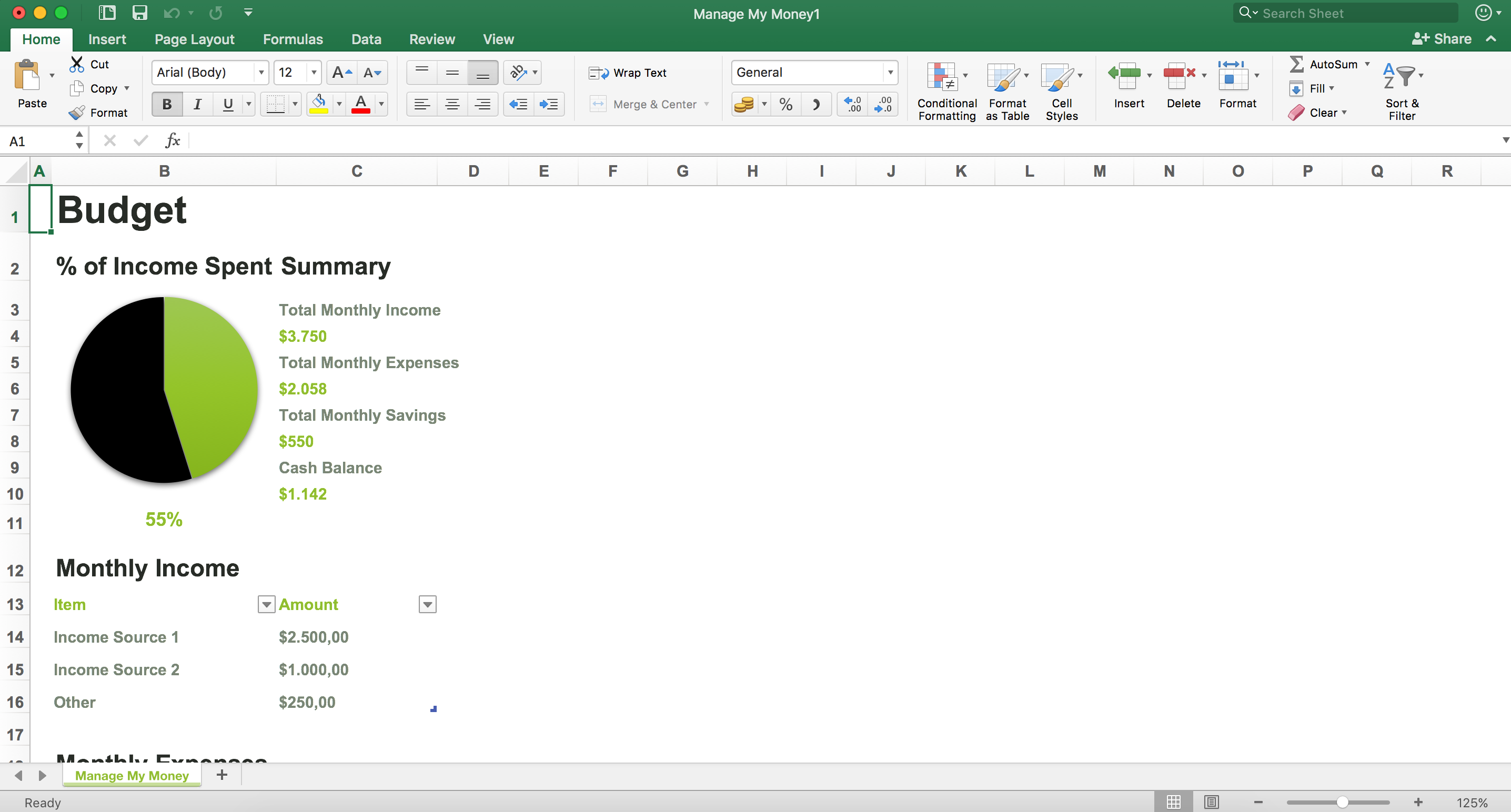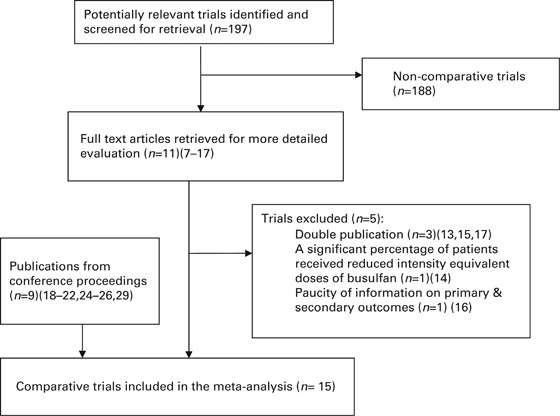

Course schedule (readings)Īll readings are required unless otherwise noted. The final exam will be distributed on Tuesday December 5 at 12pm and must be submitted by 11:59pm Wednesday December 6. The ethics of the Montana election experimentĮxploratory data analysis - multivariate visualizationsĮxploratory data analysis - dimension reduction Observational data - approximating experimentsĮxploratory data analysis - univariate visualizations Introduction to Computational Social Science Soltoff) with a copy of your Accommodation Determination Letter (provided to you by the Student Disability Services office) as soon as possible so that you may discuss with me how your accommodations may be implemented in this course. If you need any special accommodations, please provide me (Dr. Details to be furnished near the end of term. Final exam will be a timed take-home exam.They could include writing assignments analyzing computational research designs and/or problem sets implementing specific computational methods. Short assignments will vary depending on subject matter.James, G., Witten, D., Hastie, T., & Tibshirani, R.Bit by Bit: Social Research in the Digital Age, Princeton University Press, Open review edition. Hardcopies can be purchased at your preferred retailer. Required textbooksĪll textbooks are available in electronic editions either directly from the author or via the UChicago library (authentication required). The focus of the course is on exploring the wide range of contemporary approaches to computational social science, with practical programming assignments to train with these approaches. Students will review fundamental research designs such as observational studies and experiments, statistical summaries, visualization of data, and how computational opportunities can enhance them. We will reexamine the scientific method in the social sciences in context of both theory development and testing, exploring how computation and digital data enables new answers to classic investigations, the posing of novel questions, and new ethical challenges and opportunities. This course surveys successful social science applications of computational approaches to the representation of complex data, information visualization, and model construction and estimation. Massive digital traces of human behavior and ubiquitous computation have both extended and altered classical social science inquiry. Office hours also available by appointment.

Lab session: W 4:30-5:20pm, 247 Saieh Hall for Economics.Meeting day/time: MW 11:30-1:20pm, 247 Saieh Hall for Economics.MACS 30000 - Perspectives on Computational Analysis


 0 kommentar(er)
0 kommentar(er)
